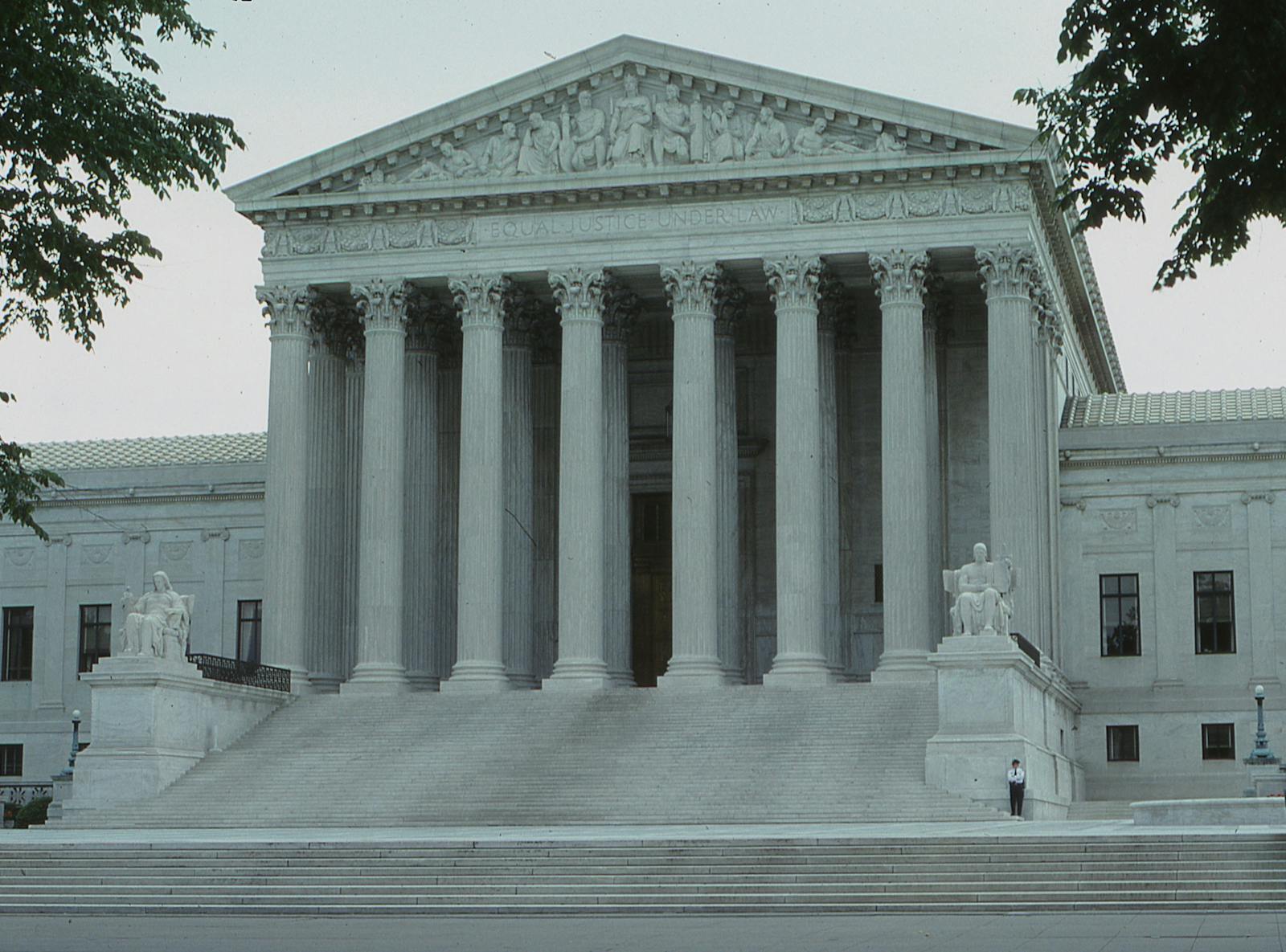HELENA — Montana Attorney General Austin Knudsen is leading a 22-state coalition urging the U.S. Supreme Court to hear a landmark case that could fundamentally reshape the balance of power between parents and public schools across America.
The coalition filed a legal brief this week supporting parents in Massachusetts who are challenging their school district’s policy of socially transitioning children without parental consent or knowledge.
The case, Foote v. Ludlow School Committee, centers on an 11-year-old girl whose school secretly began calling her by a different name and pronouns, allowed her to use different facilities, and held private counseling sessions about gender identity — all while deliberately hiding these actions from her parents despite their explicit objections.
“Ludlow’s actions should trigger alarm bells,” Knudsen wrote in the brief. “These secret acts, which contravened the parents’ express instructions, violated the constitutionally sacrosanct parent-child relationship.”
Constitutional Framework at Stake
The legal brief presents a sophisticated constitutional argument that goes far beyond gender policies. At its core, the coalition argues that public schools wield two distinct types of authority over children.
The first is “in loco parentis” power — authority that parents delegate to schools to act on their behalf in educational settings. The second is independent state power that allows schools to maintain order and enforce educational policies for the broader community.
“Since schools cannot make decisions rooted in parental power without parental consent, courts must evaluate whether a particular decision is rooted in parental or state power,” Knudsen argued. “The First Circuit’s conclusion that the decision to socially transition B.F. was well-grounded in state power was fundamentally wrong.”
When parents explicitly object to a school’s proposed actions regarding their child, the brief contends, schools can no longer rely on delegated parental authority and must justify their actions through independent state power alone.
Six-Factor Test for School Authority
The coalition proposes a six-factor test for courts to determine whether school actions fall under parental or state authority:
- Importance of the issue: Decisions about gender identity are among the most consequential in a child’s life
- Duration of effects: Social transition creates psychological and emotional impacts lasting years or decades
- Where effects are felt: The impacts extend far beyond school into home and personal life
- Sensitivity and controversy: Gender issues remain highly debated in American society
- Individual versus community focus: Actions taken solely for one child’s benefit rather than maintaining school order
- Student age: Younger children lack the maturity and judgment for such complex decisions
The brief argues that all six factors in the Massachusetts case point toward parental authority, not state power.
National Pattern of Court Evasion
The coalition’s brief documents how federal courts across the country have used various legal maneuvers to avoid ruling on fundamental parental rights in similar cases.
Some courts have denied parents have standing to challenge school gender policies until after their children are actually harmed. Others have mischaracterized parental rights as merely curriculum complaints. Still others have applied lower legal standards that make constitutional violations nearly impossible to prove.
“The lack of a coherent approach and the extraordinary disregard for parental rights underscores why this Court’s guidance is needed,” the brief states.
Implications Beyond Gender Policies
Legal experts say the case’s significance extends far beyond transgender issues. If the Supreme Court adopts the coalition’s framework, it could strengthen parental rights against various forms of government overreach in education.
The proposed test could apply to any school action involving highly personal decisions with long-term consequences that contradict explicit parental instructions — from medical interventions to psychological counseling to other deeply personal matters.
“Parental rights — like all fundamental rights — aren’t contingent on a family’s income, school district, or state of residence,” the brief concludes.
The Supreme Court petition represents Montana’s latest effort to establish clear constitutional boundaries on parental rights in schools. In July, Knudsen led a 23-state coalition challenging similar policies in Delaware, arguing that school districts nationwide are “excluding parents from key decisions about their children’s education and welfare.”
The Supreme Court has not yet decided whether to hear the case. The coalition includes attorneys general from West Virginia, Florida, Alabama, Alaska, Georgia, Idaho, Indiana, Iowa, Kansas, Kentucky, Louisiana, Mississippi, Missouri, Nebraska, North Dakota, Oklahoma, South Carolina, South Dakota, Utah, Virginia, and Guam.
The First Circuit Court of Appeals previously ruled in favor of the Massachusetts school district, finding that parents’ rights are diminished when children attend public school and that social transition decisions fall within schools’ administrative authority.
